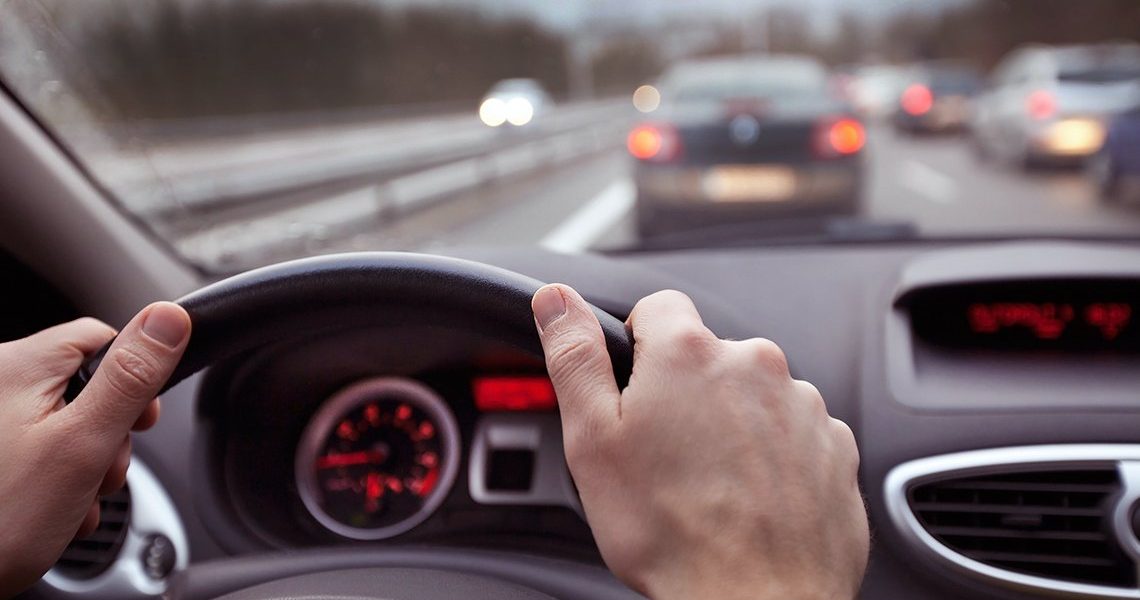It was actually surprising to hear that the top five leading causes of shorter life expectancy in young people were (in no particular order): drugs, alcohol, unhealthy eating, lack of exercise, and driving.
Driving? How can something we’ve all wanted to do since we were 15 or 16 be a one of the top five causes of shortened life expectancy? The world life calculator decreases the overall life expectancy of an individual who drives regularly, which is described by at least 20 to 25 miles a day averaged over a week, and for at least 5 to 10 years. This is coupled to the fact that car or traffic-related accidents are the leading cause of death among teenagers, right next to alcohol-related death that usually is involved with driving as well.
But why is this exactly? A research team in Toronto estimated that for every 20 minutes a person drives recklessly, a person’s life could be shortened by an average of 1 hour. They went as far as to say “that slowing down the average speed of drivers by just three kilometers an hour (just under 2 mph) “yielded 11,000 fewer crashes each day, saved about $10 million from property damage each day, and conserved about 199 cumulative life years.” This has to do with both the increased risks that are associated with driving and the the risk eliminated entirely if one does not drive.
There are many students that bring their cars up to Berkeley or know someone who drives one. This makes you wonder, in a city like Berkeley, is it really worth it to bring a car up? The next time you think about bringing it to Berkeley, which has ironically been voted by consumers to have some of the “dumbest pedestrians” in California, think about the adverse and profound impact on your health it can cause, even without you knowing. This does not even take into account the cost of parking, but the decision is not just a financial one. It is a healthy one as well.
Citations
- Driving may shorten life from canada.com by Postmedia Network, Inc <http://www.canada.com/news/Driving+shorten+life/2517346/story.html>
- Life Span – Top Ways to Shorten Your Life Span and Life Expectancy from About.com Longevity <http://longevity.about.com/od/agethieves/tp/shorten_life_expectancy.htm>
- Worst Cities for Pedestrians from Washington City Paper by CL Washington, Inc <http://www.washingtoncitypaper.com/blogs/housingcomplex/2009/11/10/worse-cities-for-pedestrians/>
Article by Spencer Liem
Feature Image Source: AARP
























